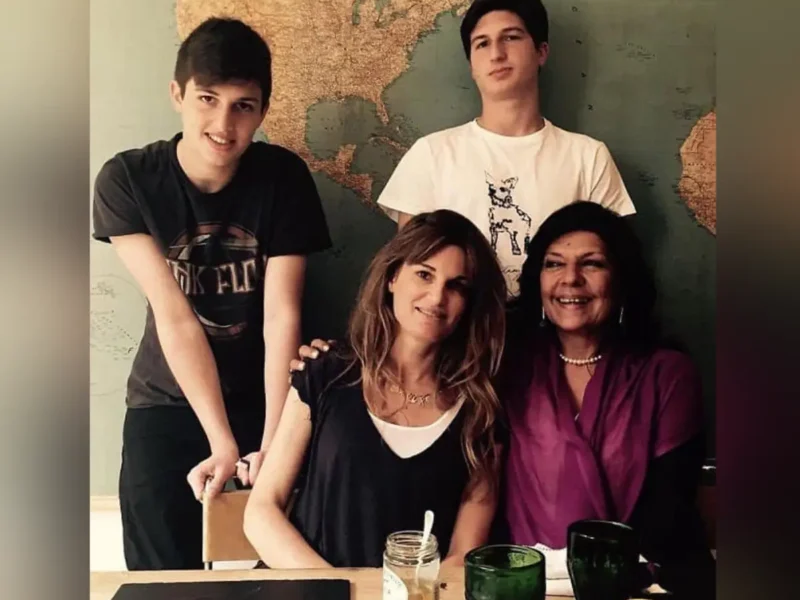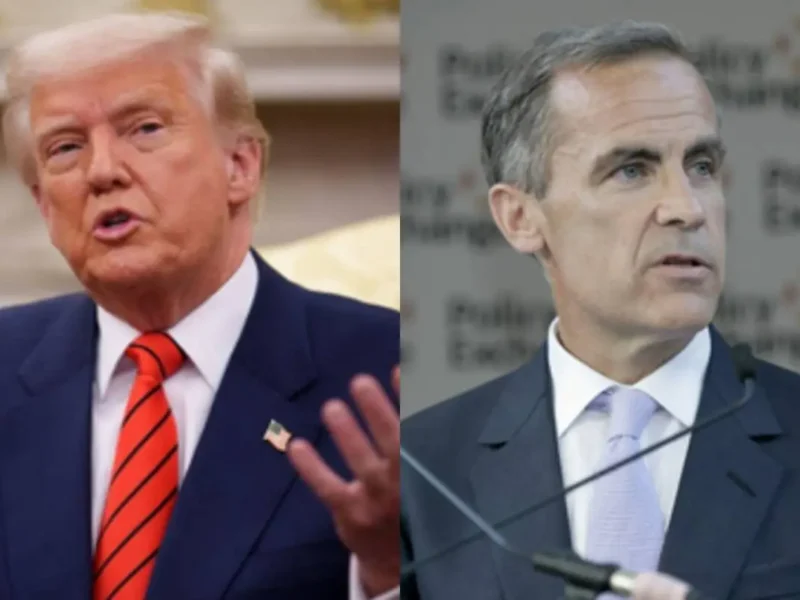
Energy And Support At ‘South Asian Men For Harris’ Virtual Call
SAN FRANCISCO, CA – The virtual launch of South Asian Men for Harris on July 27 featured several prominent speakers including author Salman Rushdie who headlined the event, joined by writer Wahajat Ali, Representatives Raja Krishnamoorthi and Ro Khanna, along with various elected leaders from across the US.
The call was organized by Sree Srinivasan, founder and current president of the South Asian Journalists Association, historian Manu Bhagava, and consultant Neil Parekh.
Similar virtual events throughout the week since Kamala Harris was endorsed by President Joe Biden after he dropped out, have bolstered the Democratic campaign. White women, South Asian women, and black women groups have been leading the charge and various other groups have enthused citizens so that the campaign has garnered over 170,000 volunteers dedicated to phone banking, canvassing, and other voter mobilization efforts.
On July 27, Rushdie said, “There is absolutely no reason why Kamala Harris should not win and actually win it quite handily,” while describing Republican nominee Donald Trump as a “hollow man without a single noble quality, trying to drag this country towards authoritarianism.”
Congressman Krishnamoorthi emphasized the importance of the election, stating, “Our freedoms are on the line. In Kamala Harris, we see a future forward. On the other side is a man wanting to settle past grievances.”
Representative Khanna praised the central pieces of legislation of the Biden administration – Inflation Reduction Act and the CHIPS and Science Act, noting Harris’s role in it and saying, “Harris is going to offer real solutions to the economic anxiety many Americans are facing,” said Khanna.
Comedian and actor Aasif Mandvi called for Harris to advocate for an arms embargo on Israel, citing the use of US weapons in war crimes that violate both American and international laws.
Since announcing her candidacy, Harris has raised over $200 million in just six days, with her campaign noting that more than two-thirds of the contributions came from first-time donors.




